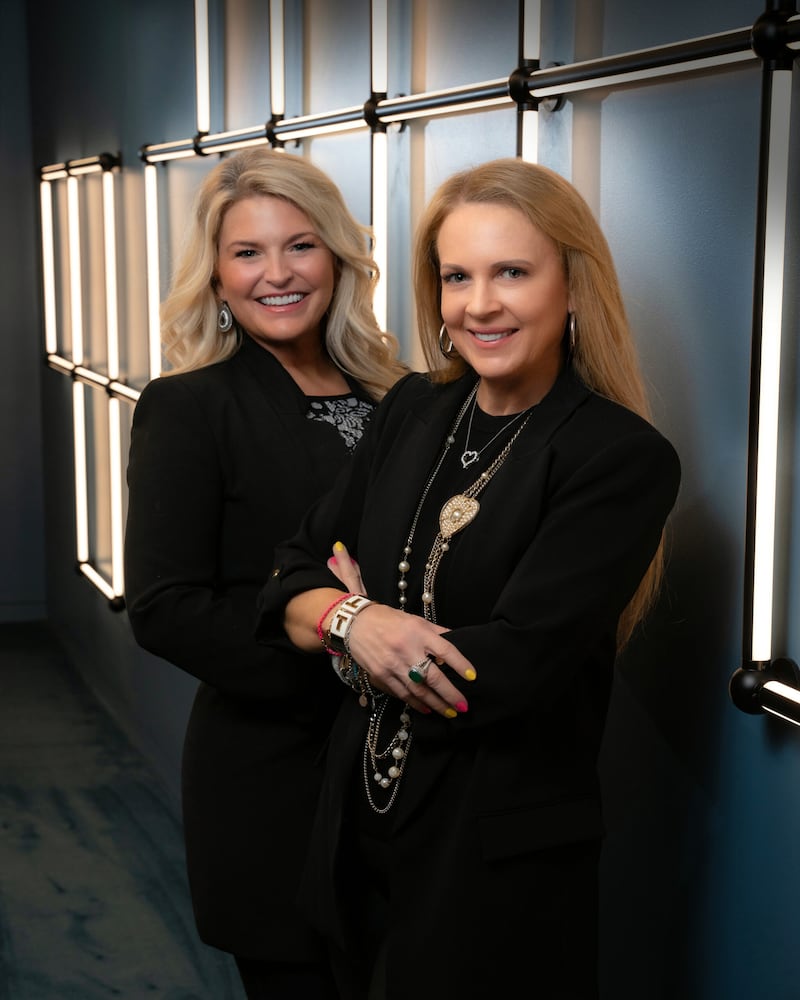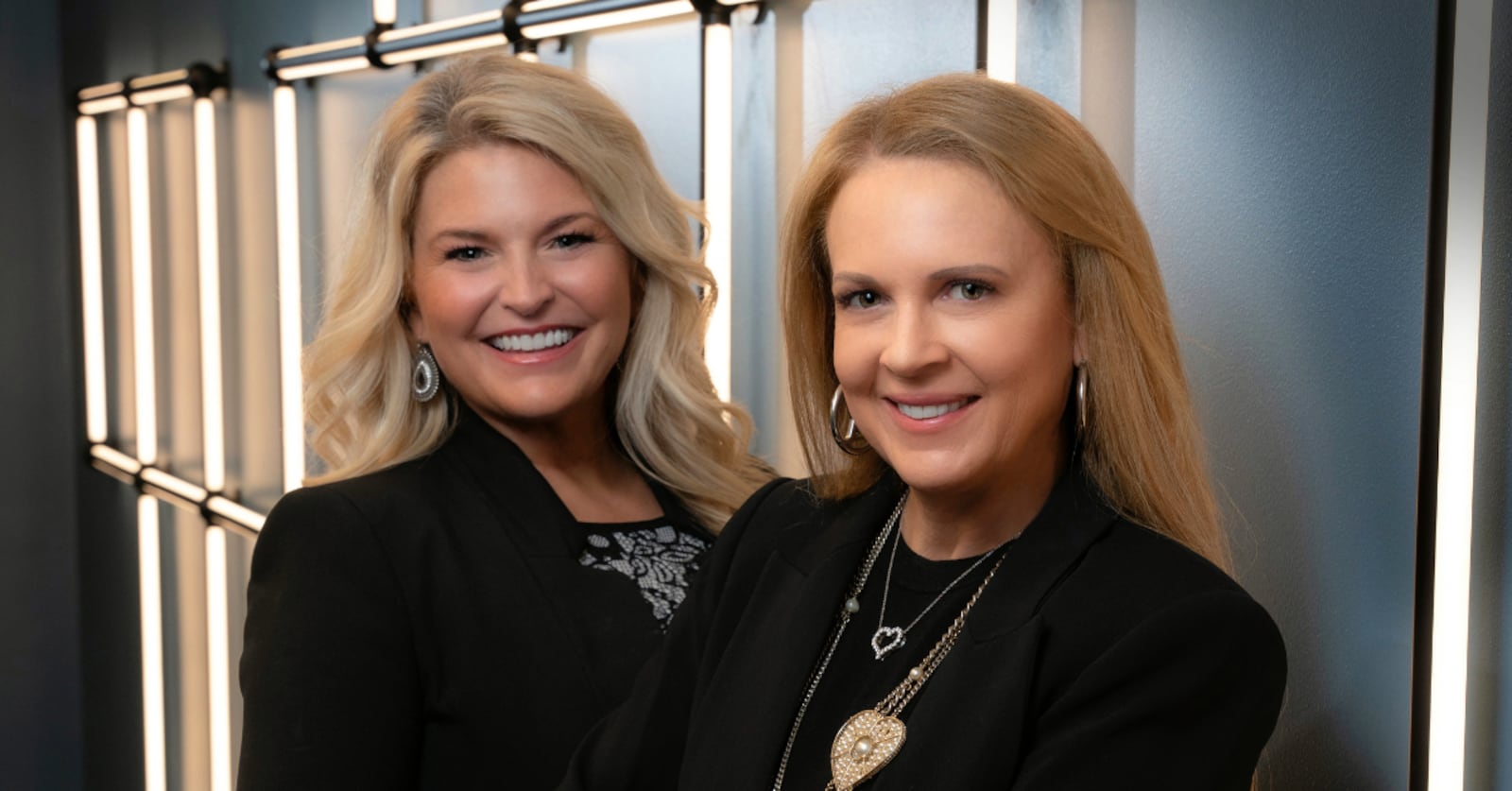
Photo by Dave Labrum, shot on location at Clearlink
This article originally appeared in Modern Day Utah Pioneers, a publication sponsored by Clarke Capital.
In November 2019—just weeks before a virus and mental health pandemic spanned the globe—the Huntsman family pledged $150 million to a mental health institute in partnership with the University of Utah.
It was the largest donation ever given to fund mental health initiatives. It went largely unnoticed.
“We know what to do for people diagnosed with cancer. We have prayer circles, we make bracelets and we bring meals,” says Christena Huntsman Durham. “But when a family has a child who attempts suicide, the neighbors are quiet. The stigma is so great—and we experienced that same stigma when we gave the gift. People didn’t know how to talk about mental health. They didn’t know what to do with the headline about our donation.”
The Huntsman family members have gone through their own journey of learning how to talk about mental health. Thirteen years ago, Durham lost her sister to a drug overdose. At that time, the Huntsman family wasn’t ready to talk about what led to the death of this young mother of eight who had battled mental health issues since high school. The obituary and the funeral speeches did not address her stigmatized journey of substance abuse, mental challenges and unsuccessful rehab.
However, the famous and philanthropic family was comfortable talking about and providing funding for cancer. In fact, the name “Huntsman” is synonymous with the word “cancer” in Utah and beyond. Three decades ago—before the Huntsman Cancer Institute was created—Jon Huntsman, Sr., faced his own diagnosis and surgery.
“My father wanted to relieve the suffering for so many,” Durham says. “We watched him donate to multiple causes, and we saw him build the cancer foundation with passion, determination and even frustration. Before he passed, he said to all of his children, ‘Find your “cancer”—find your passion and your mission.’”
Although the eight living siblings run the gamut when it comes to politics and religion, they all share a love for each other and making the world a better place. As they talked about carrying on the legacy of generosity and solutions, the Huntsman siblings began discussing their personal realities and diagnoses.
“For the first time, some of us began to share what we had gone through with our kids and grandkids when it comes to mental health,” Durham says. “We had been reluctant to share what we had all experienced. As we looked at the empty chair left by my sister, we realized it had been a missed opportunity. We needed to let people know that our family has faced mental health challenges, and we also wanted to step up to address the epidemic. It was time for us to start talking about mental health, and I was at a place in my life where I could make this cause a top priority.”As the sibling who stepped forward to take the lead on this area of the family’s philanthropy, Durham is known for her listening abilities, leadership skills and her desire to follow in her parents’ footsteps.
“My dad told us to ‘go big’ with whatever we chose to do,” she says. “When we started our mental health focus, Utah was ranked 51st in the nation in access to mental health resources. We are changing this, and we are modeling solutions that the rest of the nation is paying attention to.”
Four years after the initial announcement and the formation of the Huntsman Mental Health Institute (HMHI), thousands of families have been treated. Research is underway. Durham is traveling the country speaking about mental health and gathering others willing to join the battle against the fastest-growing health challenge. Everywhere she goes, she hears stories from journalists, researchers, public servants, medical professionals and parents. They line up to talk to Durham about HMHI as they seek validation of their stories as well as solutions.
To this end, HMHI and the Ad Council are rolling out the new “Love, Your Mind” campaign, which was developed to resonate with the nearly 70 million adults in the United States who are likely to experience mental health challenges. This effort convenes experts, media platforms and influential voices to change the conversation around mental health at an unprecedented scale. Free mental health resources are available at LoveYourMindToday.org.
The Huntsmans solve big problems with big checks—but also with big ideas and big hearts.
“I spent all those years raising my seven children, and I didn’t expect to be in this position as VP of our foundation,” Durham says. “I have found the passion my dad talked about. We are making a difference.”
Durham says every person will either face their own mental health challenge, or they will be picking someone up off the floor who is facing theirs. Mental health affects all walks of life.
“At HMHI, we are finding cures. We are changing lives. We have an answer for so many who previously said, ‘I don’t know where to turn,’” she says.
Now, two generations of Huntsmans have addressed and funded solutions for two diseases: cancer and mental health.
“You can’t just stop having cancer, and you can’t just stop a mental health crisis,” Durham says. “A lot of addictions are undiagnosed mental conditions where people are trying to numb the pain. We have to stop looking at people in judgment and in shame. Stigma is the number one reason people don’t seek help. We can change that, and we’re doing it in a big way—just like our dad taught us.”

